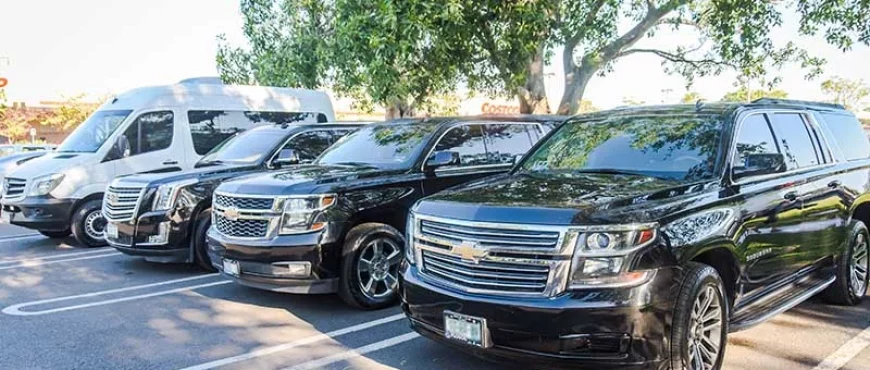Cost Savings
One of the primary reasons companies provide transportation for employee trips is to save on travel costs. When a large group of employees needs to travel together, it is often more cost effective for the company to arrange transportation rather than having each employee make their own travel arrangements.
For example, if 20 employees need to travel 100 miles each way for a conference, having them all take individual Ubers or renting 20 cars would be very expensive. But arranging a bus or van to transport the whole group cuts down significantly on costs. The company only has to pay for one vehicle and driver rather than multiple individual fares.
Providing group transportation also removes the need to reimburse employees’ travel expenses. When employees drive or take taxis themselves, the company has to process expense reports and cut individual reimbursement checks. Arranging upfront transportation streamlines this process and makes budgeting easier for the company.
Efficiency
Another reason for company-provided transportation is efficiency. When a large group travels together, it ensures everyone arrives on time. If employees made their own arrangements, there is a chance some may be late due to traffic, transport delays, or other unforeseen issues.
Group transportation allows the company to control the travel schedule. They can plan departure and arrival times to make the most of each day. Employees spend less time worrying about logistics and more time focusing on the purpose of the trip.
Traveling together in an organized manner also prevents families or individuals from getting separated or lost. The company serves as the organizer and point of contact if any issues arise. From a project management perspective, group transportation fosters efficiency within a traveling team.
Safety
Employee safety is another concern eased by company-provided transportation. When employees drive themselves, the company has less control over factors like road conditions, other drivers on the road, and vehicle safety issues. Fatigue from long drives also poses risks.
Commercial vehicles like buses and vans driven by professional drivers are subject to more stringent safety regulations and inspections. Employers ensure these vehicles are properly maintained and operated. Drivers also receive special training in defensive driving, safety protocols, and responding to emergencies.
From an insurance liability standpoint, having employees travel in an organized, supervised manner reduces risks. In the unfortunate event of an accident, the commercial transportation provider’s insurance would cover damages rather than relying on employees’ personal policies. Fewer individual vehicles on the road also decreases exposure to risks from other drivers. Overall, group transportation promotes employee wellness and security while traveling.
Morale Boost
Arranging transportation can also boost employee morale and engagement. Traveling as a team helps foster camaraderie and enables informal discussions that don’t always happen in an office setting. Colleagues spend time bonding over meals, entertainment, and casual conversations during transport.
The travel experience creates positive memories and associations with the company outing or event. Employees feel their employer cares enough to smooth logistical challenges. They don’t have to stress over traffic or navigate unfamiliar areas by themselves. Taking care of transportation details allows employees to relax and enjoy the real purpose of the trip.
Not only does group travel boost morale and happiness, but those positive sentiments may also translate into stronger work performance. Content employees are more motivated, invested in company success, and less likely to seek other jobs. Organizing transportation demonstrates the employer’s commitment to employee wellness, satisfaction, and work-life balance. Those carrots can yield big gains in productivity, retention, and company loyalty.
Marketing and Branding
For some companies, providing ground transportation serves additional marketing and branding goals. Vehicles like buses offer a rolling billboard to display the company logo and message wherever they travel. Highly visible company transportation establishes name recognition among attendees of events like conferences, trade shows, and client meetings.
A sleek fleet conveys an image of professionalism, organization, and attention to detail. It reinforces the company’s quality standards and services represented at company events. Attendees may perceive the operation taking care of ground transportation logistics as a positive commentary on the company’s overall capabilities and leadership. Well-planned group transportation paints a cohesive, seamless experience that leaves memorable impressions.
All in all, arranging company transportation for employee trips makes good business sense from saving money to boosting productivity. The benefits of control, convenience, safety and morale successfully align individual and organizational interests for traveling together. By taking care of logistics, employers ease stress and allow focus on goals of the trip itself. Companies that invest in transportation demonstrate commitment to staff well-being while gaining valuable marketing exposure from visible, branded vehicles on the road.


Comments (0):